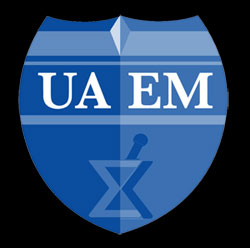 The United States Supreme Court recently announced their decision on a landmark case revolving around university patent rights on life-saving medical technologies. The technology in question, quantitative polymerase chain reaction (real-time PCR), is a highly effective tool in diagnosing infectious diseases and detecting new and emerging threats.
The United States Supreme Court recently announced their decision on a landmark case revolving around university patent rights on life-saving medical technologies. The technology in question, quantitative polymerase chain reaction (real-time PCR), is a highly effective tool in diagnosing infectious diseases and detecting new and emerging threats.
Originally developed by Stanford scientist Mark Holodniy, advancements in real-time PCR were claimed to be owned by the university, under the conditions of the 1980 Bayh-Dole Act that outlines universities’ legal rights for research funded by the federal government. Holodniy later signed agreements that transferred ownership of his PCR work to Cetus Corp, now owned by Roche Pharmaceuticals. Stanford argued that the Bayh-Dole Act superseded any agreement made afterwards by Holodniy and Cetus.
However, in the ruling led by Chief Justice John Roberts, it’s said that the 1980 law doesn’t displace the historical principle that inventors are allowed to have first claim on their work. This decision will certainly affect future cases of patent ownership and potentially all technologies that were jointly developed through federal funding, university research and industry collaboration.
The patent for real-time PCR will be held by Roche until 2021.
For more coverage on this case, the full article by Bloomberg News is available here.
A press release by Roche on the court’s ruling can be read here.










